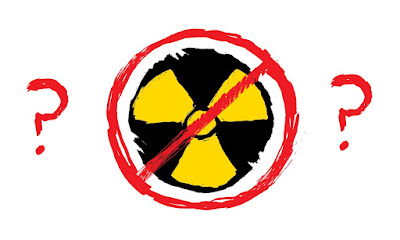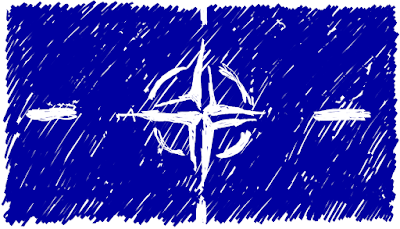Despite the UK presenting itself as the leading defender of Europe, Britain’s armoured vehicle production and repair is going to increasingly take place in Germany, as is shown by British interest in the “Eurotank” project as the means to get a new Main Battle Tank.
However impressive the Eurotank will be, interdependence with the continent we are meant to defend could be a major weakness. We already rely on the Germans to upgrade our panzers at their workshops, somehow managing to brag about it in the process.
We also aim to replace our Infantry Fighting Vehicles (IFVs) with Franco-German wheeled designs, rather than choosing to continue the history of unique and iconic British armoured vehicle designs. Bear in mind that the French and Germans were historic enemies of Britain, at different eras, and the current state of affairs is tantamount to British troops dressing in enemy uniforms.
Europe is no haven
From a historically savvy perspective, Britain growing reliant on German help with armoured vehicles is similar to defeat and demilitarisation at German hands, since no wise British leadership would ever have allowed the Germans or French to seize British military production capabilities and take them to their countries. Especially in a place as historically volatile as Europe, which is already undergoing significant disruption due to the Ukrainian conflict and could face an increasingly violent and destabilised future, which is historically normal for the Continent.
Europe, and Germany particularly, also have a strong historical tendency to instability and conflict that goes all the way back to the Thirty Years' War and perhaps earlier. European integration has been a fact for so little time that to think it is permanent is premature and immature. The advantage of Great Britain has always been its isolation from the contagion of European conflict, by the sea.
Even assuming the UK never returns to an era of tension with the Germans or French, it is still a fact that having our military production and repair facilities be in Germany potentially magnifies security and strategic problems, from espionage to the possibility of Germany itself being simply misgoverned and overrun with conflicts or political intrigue in the future. If things get bad in Europe, they could unnecessarily imperil British national security if we are reliant on sites there for defence production and repair.
UK arms production and repair capability being located in a non-nuclear country such as Germany is also problematic because it creates the possibility that our war production could be wiped out, without being protected by our nuclear deterrent. NATO does not necessarily protect Germany from all conflict scenarios, including nuclear ones, with the reliability that the British nuclear deterrent has.
The hollowness of Brexit
Britain’s disinterest in being an independent arms producer, and increased interest in partnering with the French and Germans instead, makes Brexit less significant, nay meaningless, in terms of turning the country into an independent strategic player. Moreover, it reveals that those in business and government who decide our priorities are merely resentful about the departure from the EU and want to do everything to offset any impact on our trajectory as a country.
British government and corporate elites have no real thought for national security. They don’t see our island as anything more than a shabby council estate that is to be left behind, to pursue their interests via the United States and the European Union or via supranational organisations like NATO. This may suit them, but it does not suit future generations who will emerge in a country that has no brand, no pride, and no security, being little more than a dump for foreign powers.





